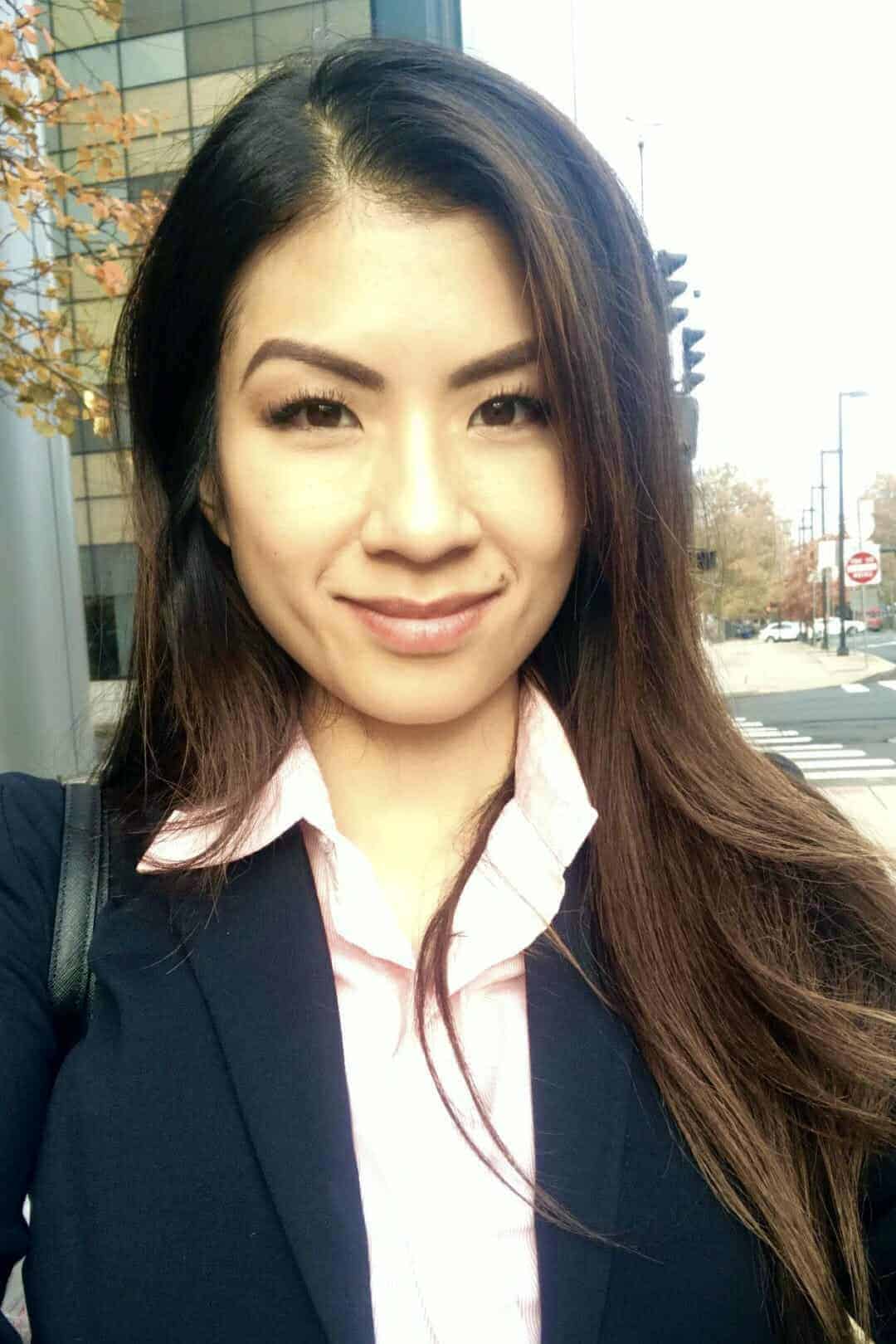

Virtually every medical student uses the same resources (UWorld, First Aid, Pathoma, etc.). But why do their outcomes diverge so vastly? Many of us wish we did better. But how do some students end up with everything? They have great USMLE scores, amazing clerkship evaluations, and glowing letters of recommendation. When they apply to residencies, top programs fight to interview them.
In other words, have you ever wondered how important your approach was?
One of my former students would like to weigh in. (I won’t hold you in suspense: your approach is hugely important). Melody’s Step 1 “approach” looked the same as most students. She never had a set approach she could believe in! She used the (in)famous UFAP and worked super hard to only achieve average results. Her ultimate Step 1 score was below-average.
She approached me for tutoring after her Step 1. We worked together to change her approach for her Shelf exams, and to lay the groundwork for Step 2. She used the Yousmle.com Decks (Step 1, Step 2, and Pharmacology) to build up her knowledge base. Finally, she honed her approach to UWorld to master question interpretation.
After her Step 2, she approached me and asked if she could share her experiences. She shows that while the right resources are important, knowing how to use them is critical. Cheers! Alec
From Melody:
To my fellow medical students, I wanted to share with you my experience of working with
Alec over the course of one year. I volunteered to do this of my own accord because I have been so happy with the results. I want others to benefit as well.
High Yield Points:
- Before Yousmle → honored ZERO classes MS1 and MS2 year, scored a 226 on Step 1
- After Yousmle → honored 4 clerkships, scored a 260 on Step 2
Currently in the middle of interview season:
- Invites from ~20 programs, including many top tier schools. (E.g., Harvard, Columbia, Cleveland Clinic, University of Washington, Mayo, Yale, NYU, Dartmouth).
- I also have interviewed at some of the most competitive transitional years. (E.g., University of Hawaii, Scripps Mercy).
MS1 & MS2 Year (Before Yousmle)
To summarize my first two years: I worked very hard but never saw the results I wanted. My study style changed often. I struggled to find something that would work.
I would watch the lectures for the day and take notes. Then I’d review them to make sure I understood them. Sometimes I would make study guides or flashcards. Other times I would talk through concepts with classmates or read the books for a deeper understanding.
We had quizzes or test every week or two. I would review everything fully once more. I’d finish by running through the most important things one last time.
There were several classes where I missed honoring the entire course by only 1-2 wrong questions on a test. (Half a percent!). My hours of studying did not show on my transcript. I was very frustrated, to say the least!
Step 1 Studying (Before Yousmle)
Two weeks before my Step 1, I found Yousmle. At that point, I was 4 weeks into dedicated study time. I was using UFAP to follow a combination of a schedule my friend had used successfully the year prior and my school’s cookie-cutter plan. I kept falling behind in my schedule. As more time went on, I kept forgetting things I’d learned earlier.
After I took my second practice NBME, I got a much lower practice score than I was expecting. My reaction? The classic medical student freak out!
When I reached out to Alec, it was too close to my date. Though he was understanding, it was not feasible to work with him at that time. However, I did buy his Pharmacology deck because I knew it would be high-yield to do the cards on the most-tested categories during the time I had left.
By the end, I had gone through UW x1.7, First Aid x3, and Pathoma x3. My practice scores ranged from 216 to 238. I ended up scoring a 226 on the real thing.
MS3 Clerkships (After Yousmle)
I reached out to Alec again halfway through my first clerkship. I had been hesitating because the tutoring package I was looking at was not a small sum of money. (Note: It ended up being the best investment of my medical school career!)
The first session was 2 hours. Then we met on Skype roughly once a month afterward. The three main things we focused on were:
- Question interpretation
- Understanding key concepts. (This took a while but was much more valuable than just memorizing a fact).
- Making effective Anki cards. It took time and work to build on his teaching. I will admit I was not always as diligent in the beginning when I came home after long hours on my rotations.
In terms of Anki, I had first bought his Pharmacology deck for Step 1, but now I bought the Step 2 deck. It was valuable because I could save time from making every card myself and I could learn how to model writing them after his.
Card-Making Improved Over Time by Using Yousmle Cards
My first cards were terrible! It is funny to look back on them. They had way too much information or did not ask the right questions clearly. When my cards started accumulating, I would dread some of my cards because they would take so much longer to do.
I got much better at making cards over the next months. Also, I had tried to save money by just buying the Step 2 deck. Later I went back to buy the Step 1 deck and pulled many relevant cards into the Step 2 deck subdivisions. [Note: I found the Step 1 deck to be indispensible, so make sure to buy the decks as a combo for a better price! Don’t make my mistake].
I also pulled cards from his Pharm deck and found them very useful as well. Chunks of dead time between rounding/cases allowed me to finish my cards before leaving the hospital. I even noticed I was able to answer several “pimp” questions on my rotations that my fellow medical students did not know! It helped me focus on the most important topics.
Over the next few months, I continually improved on question interpretation and building my clinical knowledge with Alec’s help. I would do the UWorld section for each clerkship (except Family Medicine), one other full question book (except for Internal Medicine), and take every practice NBME for that rotation.
(To read Melody’s recommendations on Shelf studying, click here.)
Utilizing Anki to keep information in my head paid off. I was able to build upon each clerkship’s knowledge with overlapping information. It was SO rewarding to see my Shelf Exam scores improve: 68% → 74% → 78% → all the rest were >90% (which meant high honors).
Step 2 CK (After Yousmle)
I set aside 4 weeks of dedicated time to study for Step 2 CK. I was really driven to improve my score. I also had built some confidence through working with Alec. I believed that I could succeed.
I went through:
- UWorld again,
- Parts of Kaplan for my weakest sections,
- Plus took several of the practice tests available.
I layered on knowledge and developed a deeper understanding this time through.
My baseline score at the start of studying was 235 on NBME 4. Exactly one week before my test date, I took NBME 6 and the UWorld self-assessment back-to-back to simulate the full 8 blocks and build stamina. I got a 242 and a 247, respectively.
To be honest, I was hoping for higher practice score. However, at this point I knew I could not be doing anything better to prepare. Plus, it still averaged out to ~20 points higher than my Step 1 score.
I walked into the test feeling like I had done the best I could. However… I walked out feeling absolutely terrible! (Note: Usually you feel more rushed for time on the real thing, and there are many fewer questions that you feel sure about).
Fast forward months later and I found out I scored a 260! I was ecstatic.
Current Interview Season:
The clerkship honors and huge jump in Step 2 scores definitely made a BIG difference in securing so many interviews in total, and several at top programs. Several interviewers have commented on it in a positive light. Even though I have a feeling some programs turned me down for my lower Step 1 score, I would not have had the opportunity to interview at so many other amazing residency programs without Alec’s help! [Note: I do also have research experience and some unique extracurriculars].
If I had a chance to go back, I would have started working with Alec from the beginning of MS2 year.
Are you like me? Do you spend your days locked in the library, but have disappointing grades? If so, it can make SUCH a difference to learn how to most effectively understand concepts, become a better test taker, and retain knowledge to save time.
Wherever you are in medical school or your studies, I recommend starting using his study techniques now! You can bet I will keep doing the same for Step 3, In-Training-Exams, and future residency boards.
What do you think? Do you think your approach has had a significant impact on your med school experience up until this point? Let us know in the comments!








